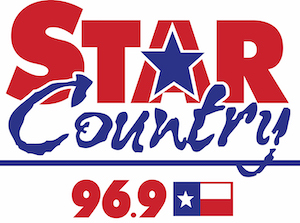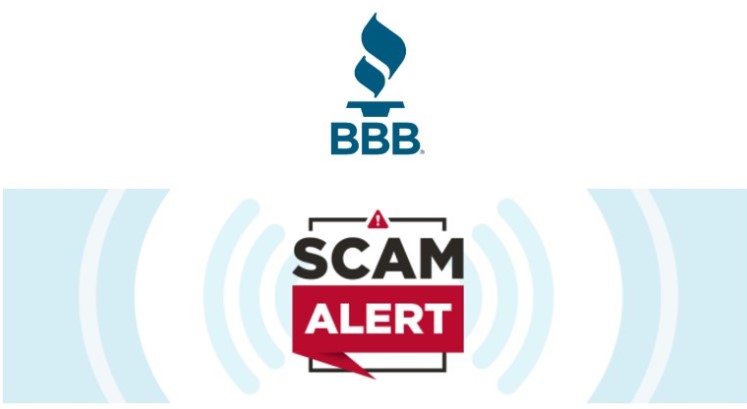Small businesses beware. Those tax credits may not be for real.
Business owners, beware of con artists who want to trick you into claiming tax credits you aren’t eligible for. For example, the Internal Revenue Service warns about scams revolving around the Employee Retention Credit, a tax credit for businesses that continued paying employees during the COVID-19 shutdowns or had a significant income decline during the eligibility period. While most eligible employers have already claimed this credit, unscrupulous companies are advertising ERC services to draw in businesses that are not eligible for the credit.
What’s in it for them? As always, scammers hope to get their hands on your personally identifiable information for identity theft. In some cases, they may charge you for dishonest services. Your best line of defense is to get to know the scam so that you can spot it first.
How this scam works
You see an ad online or hear one on the radio that claims the government still owes your business an Employee Retention Credit, which you can claim on your taxes this year. They may ask you to call a number or visit a website for more information. A quick chat with the customer service rep or looking at a website convinces you that qualifying for the ERC is extremely easy. So you decide to give it a try!
You contact the company, and they tell you to qualify for the credit – without knowing anything about your business or how you handled COVID-19 shutdowns. They ask you to provide sensitive information, including your Social Security number, employer identification number (EIN), and other details the scammer can use to commit identity theft. If you hesitate to provide your personal information, they’ll quickly assure you they only want to help you get the money your business is entitled to.
The company charges a service fee in other scam versions to help you get the credit. Unfortunately, if you accept their services and claim a credit you aren’t eligible for – even if you do so in good faith – you could face serious consequences, including paying back the credit with penalties and interest. Ultimately, the IRS will hold you responsible for any inaccurate information on your tax return – not the scammer.
How to avoid similar scams:
- Don’t believe marketing materials guarantee you’ll qualify for a tax credit. Anyone who makes guarantees without knowing anything about your business is likely up to no good.
- Think twice about promises of huge refunds. Scammers use the same tactics for many different cons. Tax credit schemes are no exception. Scammers count on an emotional response to a promise of fast, free cash before reason sets in. If it sounds too good to be true, it probably is.
- See the full article on BBB.org for more tips.
For more information
Find more helpful advice at the BBB Tax Tips & Resources page. You can also review the BBB Business Tip: Getting your business ready for tax season.
If you’ve been the victim of a scam, report it to BBB Scam Tracker. By registering your experience, you can help others avoid falling for the same scam.
Want more of these emails? Subscribe to BBB’s weekly Scam Alerts.








 EastTexasRadio.com Powered by Ten Stations
EastTexasRadio.com Powered by Ten Stations





